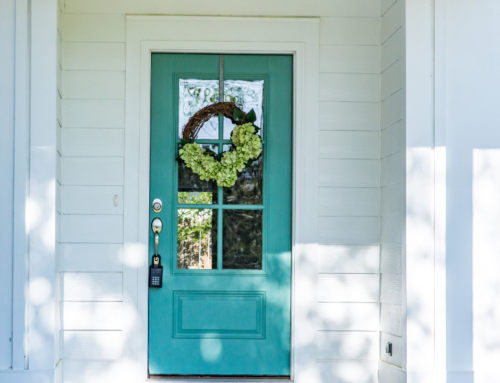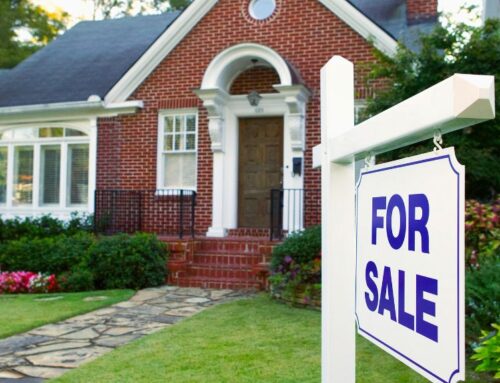
When you think about buying a home, there are a few associated costs that likely pop into your mind, such as the down payment. But what you might not realize is that there are actually some lesser known costs that pop up along the way. To be sure that you’re fully prepared and to prevent any not-so-fun financial surprises here are some additional costs to keep in mind.
Ongoing Property Taxes
Property tax is one of those never-ending expenses for homeowners, but the amount varies based on the municipality and the specific property. Over time, property taxes are more likely to increase than decrease, as well.
This expense is one that you’ll definitely want to consider when choosing a location for your new home. Typically, property taxes are calculated as a percentage of the property’s assessed value, multiplied by the local tax rate, and are often included in your monthly mortgage payment. Either way, it can add up quickly if you aren’t careful.
Closing Costs
Before the keys to your new home are in your hand, you’ll need to settle the closing costs. These are a collection of charges for various services involved in finalizing the purchase—including but not limited to the costs of loan origination, underwriting, title searches, and the recording of the deed.
Primarily associated with securing a mortgage, these fees also cover the verification of the home’s ownership, condition, and worth. Depending on where the property is located, closing costs might represent anywhere from 2% to 5% of the loan amount.
Homeowners Insurance
Proof of homeowners insurance is a prerequisite for obtaining a mortgage for a slew of reasons. This insurance safeguards against losses and damages to your house and belongings inside it (for instance, coverage extends to personal items like an engagement ring). It also provides liability coverage for accidents occurring on your property. Like property taxes, homeowners insurance costs are frequently bundled with your mortgage payments, streamlining the process of protecting your new investment.
Additional Expenses Related to Moving
Once the closing is behind you, and you’ve officially become a homeowner, the next financial hurdle is the actual moving part. If you’re someone who’s a planner, you’ll have begun estimating these costs well in advance, right after finalizing the purchase agreement.
If you’re not sure what you’re in for, here’s a glimpse of what moving costs could look like. According to HomeAdvisor, the average cost of hiring professional movers locally falls between $868 and $2,383, with an average spend of $1,624. For those moving across the country, the average cost jumps up to $6,060. Since this isn’t exactly chump change—especially after closing costs— it’s important to anticipate ahead of time.
About Julie Krumholz, Superior National Bank
With over 30 years of experience, Julie has worked in nearly every facet of the mortgage industry, from processing, closing, loan origination, underwriting, QC auditing, and even co-owning a mortgage brokerage firm. Julie applies her knowledge to help first-time and seasoned homebuyers with a seamless homebuying experience.
On a personal level, you will find her to be friendly, straightforward, honest and extremely dedicated to helping her clients.
If you are looking for a Mortgage expert in Michigan that you can rely on call: 586-382-5482





